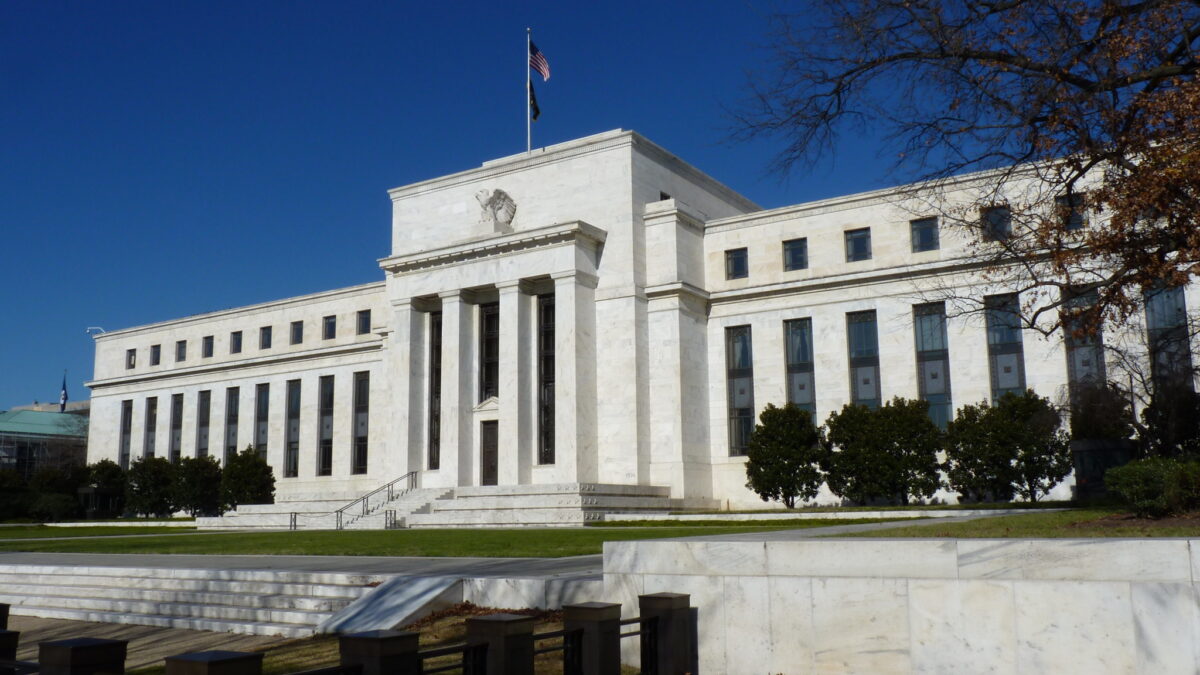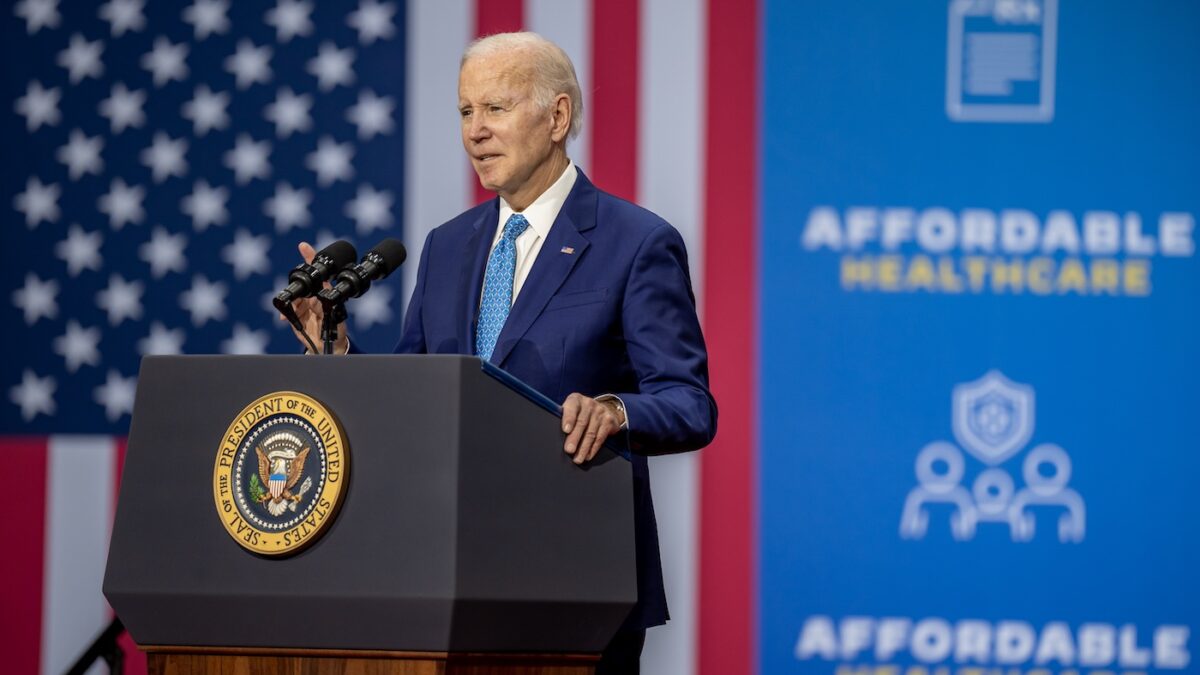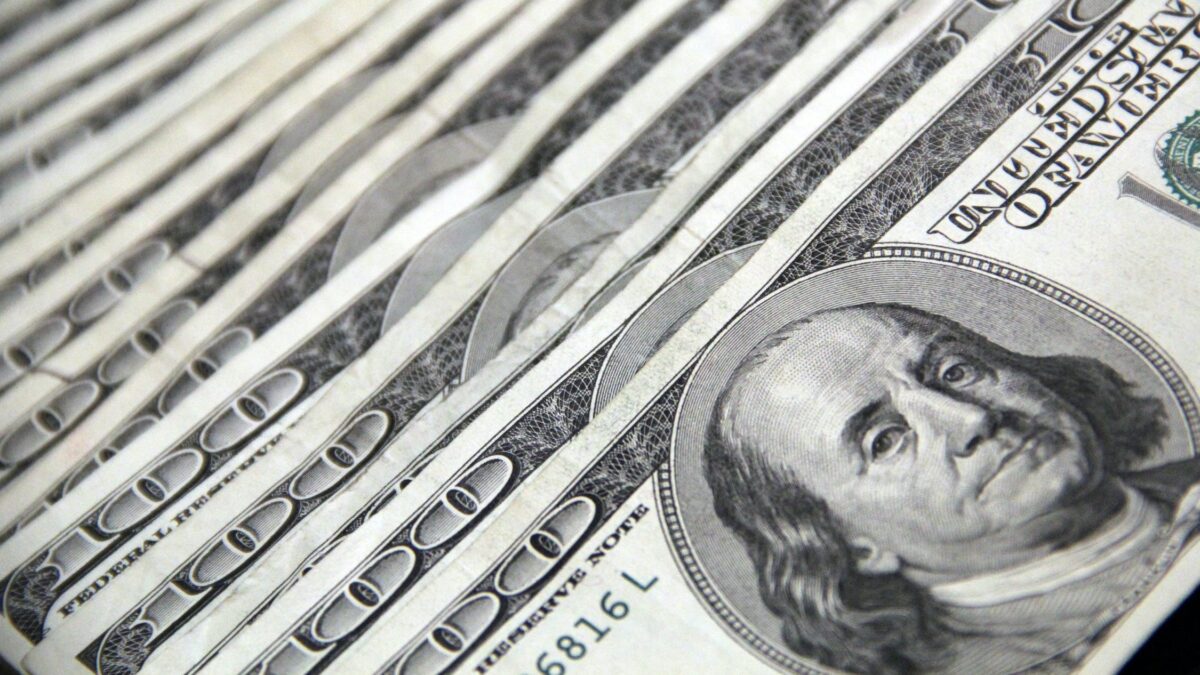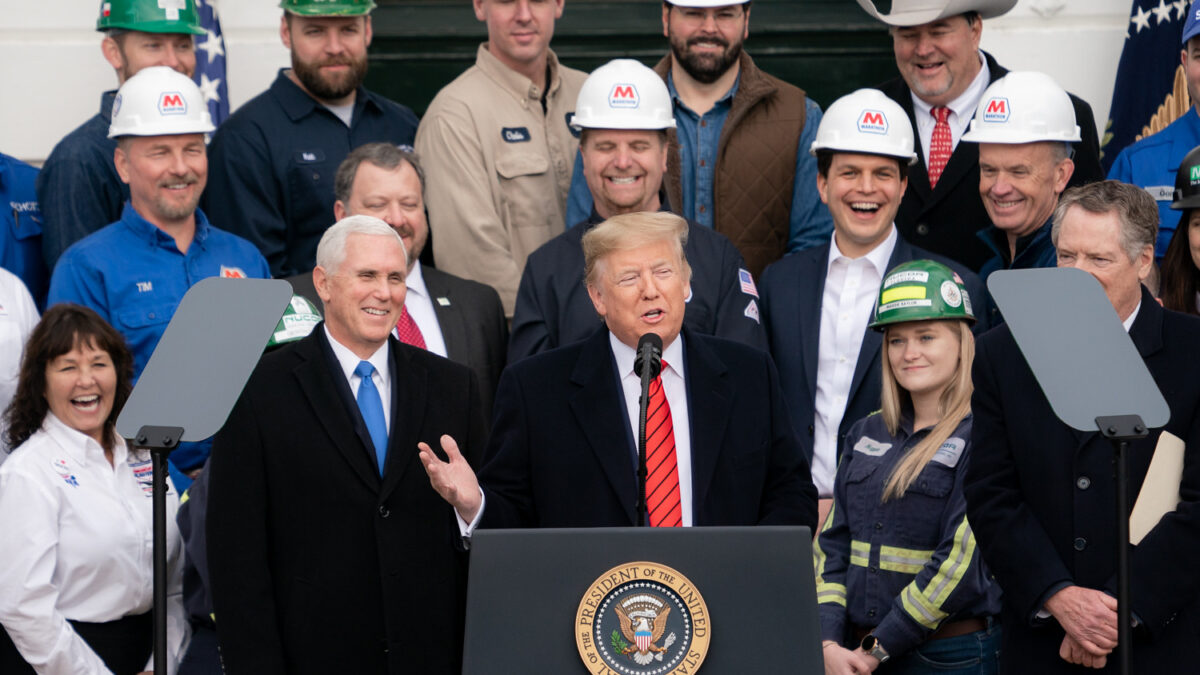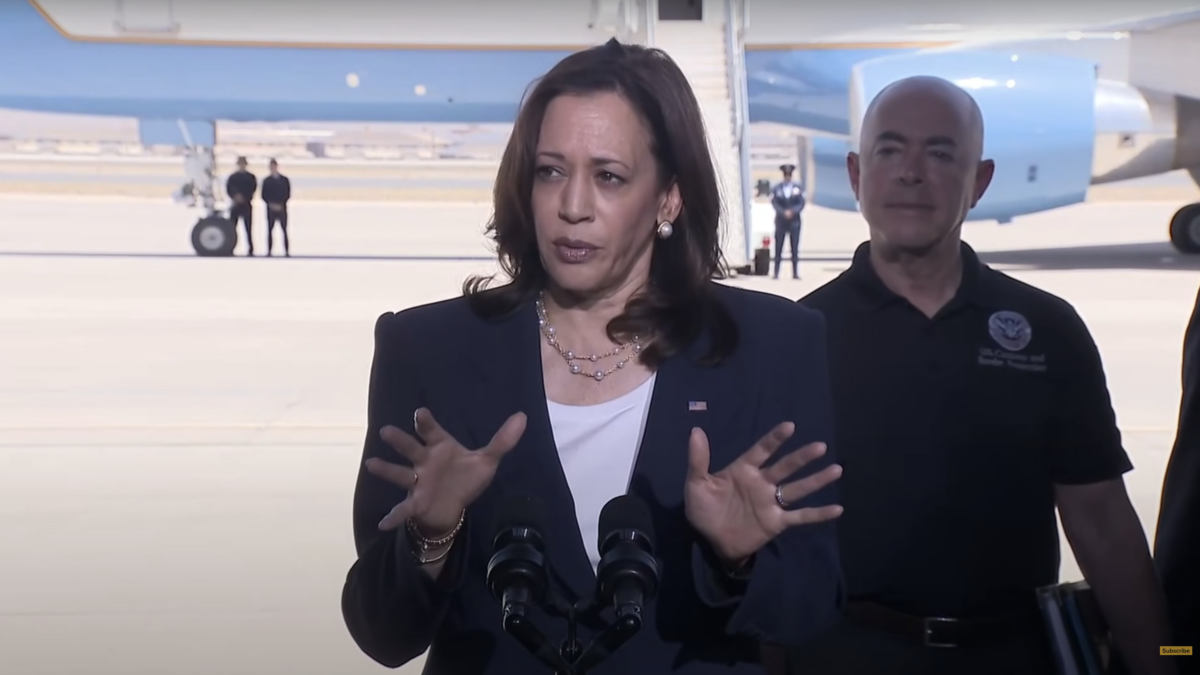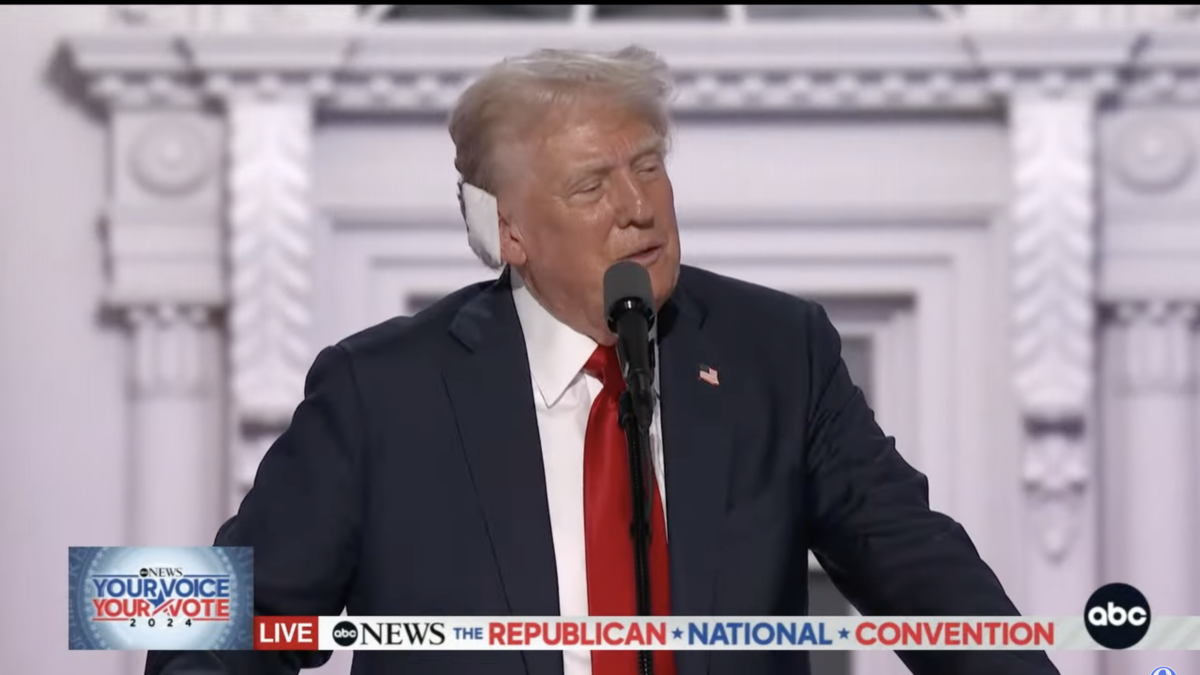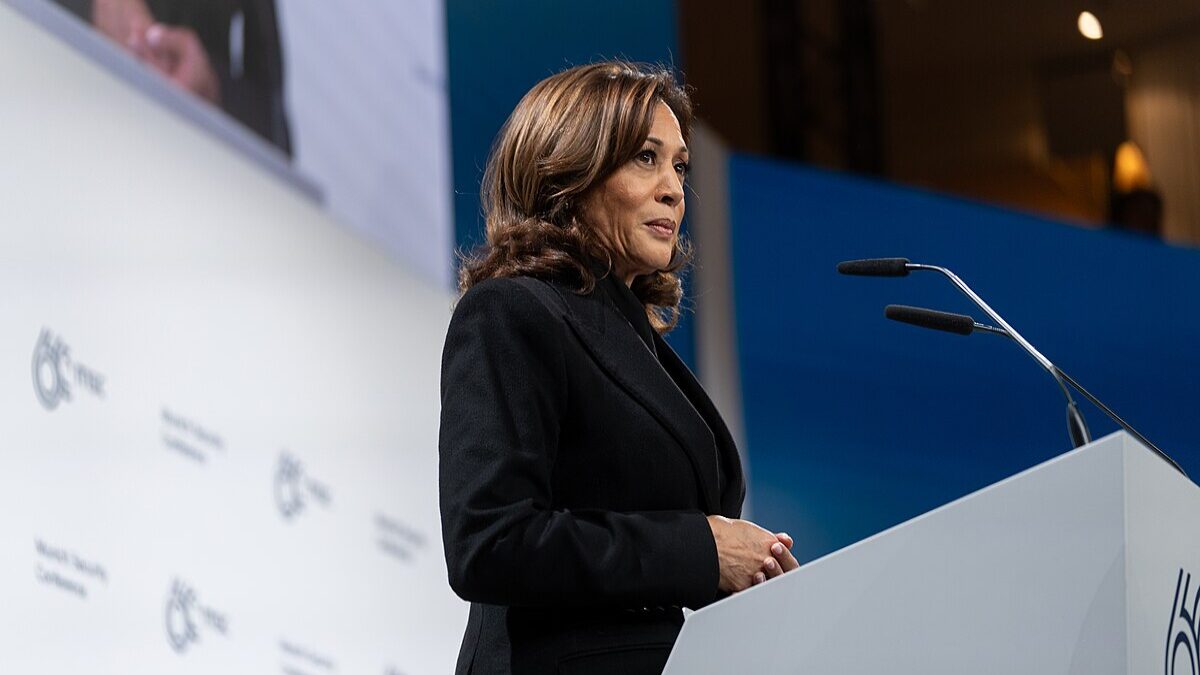“Top economists say Democrats’ health care and climate package will put ‘downward pressure on inflation,’” CNN informs us. And really, who are you, a mere mortal, to question the decrees of top economists?
This kind of appeal to authority was popularized during the Obama years, when the then-president would say nonsensical things like, “Every economist from the left and the right has said, because of the Recovery Act, what we’ve started to see is at least a couple of million jobs that have either been created or would have been lost.” (Irritated italics mine.)
Hundreds of economists, three of them Nobel laureates — James Buchanan, Edward Prescott, and Vernon Smith — disagreed with Obama’s assessment of the stimulus. They were largely ignored by the media, just as economists who now maintain that the “Inflation Reduction Act” will do nothing for inflation or, more likely, worsen the problem will be today.
Finding a gaggle of Democrats — economists, or not — to tell us we should “invest” more money into progressive agenda items isn’t difficult. Of course former Obama appointee Betsey Stevenson, who thinks inflation is “being used as an excuse to not want to do some of the spending that we need to do,” wants to pass another $760 billion in deficit spending. I mean, does anyone really believe that former Democratic Party officials such as Jack Lew or Robert Rubin sat down and crunched the numbers before signing off on the letter? Is there a single penny of spending by Democrats that Joseph Stiglitz, champion of “progressive economics,” wouldn’t support? One suspects that all these activists would gladly see high inflation if it meant combating the “climate crisis” or funding dependency programs.
Then there is “top economist” Mark Zandi of Moody’s Analytics, also a signee. The go-to expert for lazy television producers and journalists, they rely on him to give them the answers they seek. If there’s been a major Democrat spending bill that the economist hasn’t supported, I have yet to uncover it. Because, for Zandi, the prescription is always more cowbell.
As John Tammey pointed out years ago, Zandi believes the “devaluation of the dollar as the path to prosperity.” And his commitment to “multipliers” — the notion that every $1 in federal spending magically generates more than $1.50 of economic growth — is sacred, no matter how often it fails to materialize. Indeed, Zandi’s litany of erroneous forecasts, rivaling that of Krugman, goes back to the 2007-08 recession and housing crisis.
“I mean, make no mistake, what the government has done will sow the seeds for I think a very, very sharp recovery,” Zandi told CNN in September of 2008. The Obama recovery would end up being the slowest in American history. As late as 2014, Zandi was still claiming Obamacare was slowing health care costs, even though individual health care premiums would double.
In a scientific-sounding and polite 2016 paper, “The Macroeconomic Consequences of Mr. Trump’s Economic Policies,” Zandi predicted that the “most-likely scenario” of a Trump presidency was a “lengthy recession,” unemployment, and “a near standstill” in economic growth. When proven wrong on all fronts, Zandi would claim that the economy, fed by “deficit-financed tax cuts” and “deficit-financed government spending increases,” was “sticking to script.” Had Trump not promised to cut taxes during his 2015 campaign? Didn’t everyone know that the federal budget would grow from 2016 to 2018? Zandi had the “script,” and he was still way off.
Zandi was also wrong about our recent inflation. It is “irksome,” he now maintains, trying to find cover in a crowd, “how wrong the Fed, the Biden administration, and economists, including me, were in thinking that the high inflation would quickly recede. It hasn’t.” And yet, there is always a high degree of certitude in his pronouncements. Zandi felt quite comfortable telling DNC mouthpiece Greg Sargent — who also claimed that “warnings of inflation are not good-faith macroeconomic arguments” — that worries about spiking prices were “likely misplaced” and “overdone.”
Though, like most disciplines, economics has been corroded by partisanship, still, it’s invaluable in helping us understand the production, consumption, and distribution of goods and services.
Though rules exist and debates rage, attempting to predict the future in the face of thousands of unknown and unquantifiable factors, including human nature, is a tough job for anyone. Many of the names on the letter are worth taking seriously. Yet a random pizza delivery guy could likely make as good, if not better, economic predictions than Zandi simply by playing 50-50 odds. And if Zandi was wrong about inflation — and the housing crisis, and the Obama recovery, and the Trump economy, and Biden economy, and God knows what else — why should we care what he has to say about another massive spending bill?
Maybe someone in a newsroom will ask that question next time they call him for a quote.

